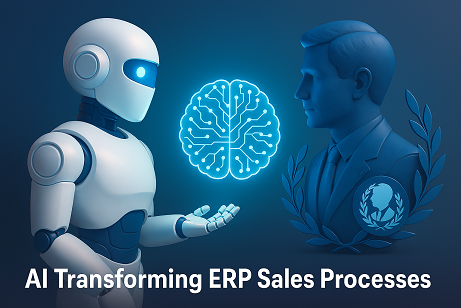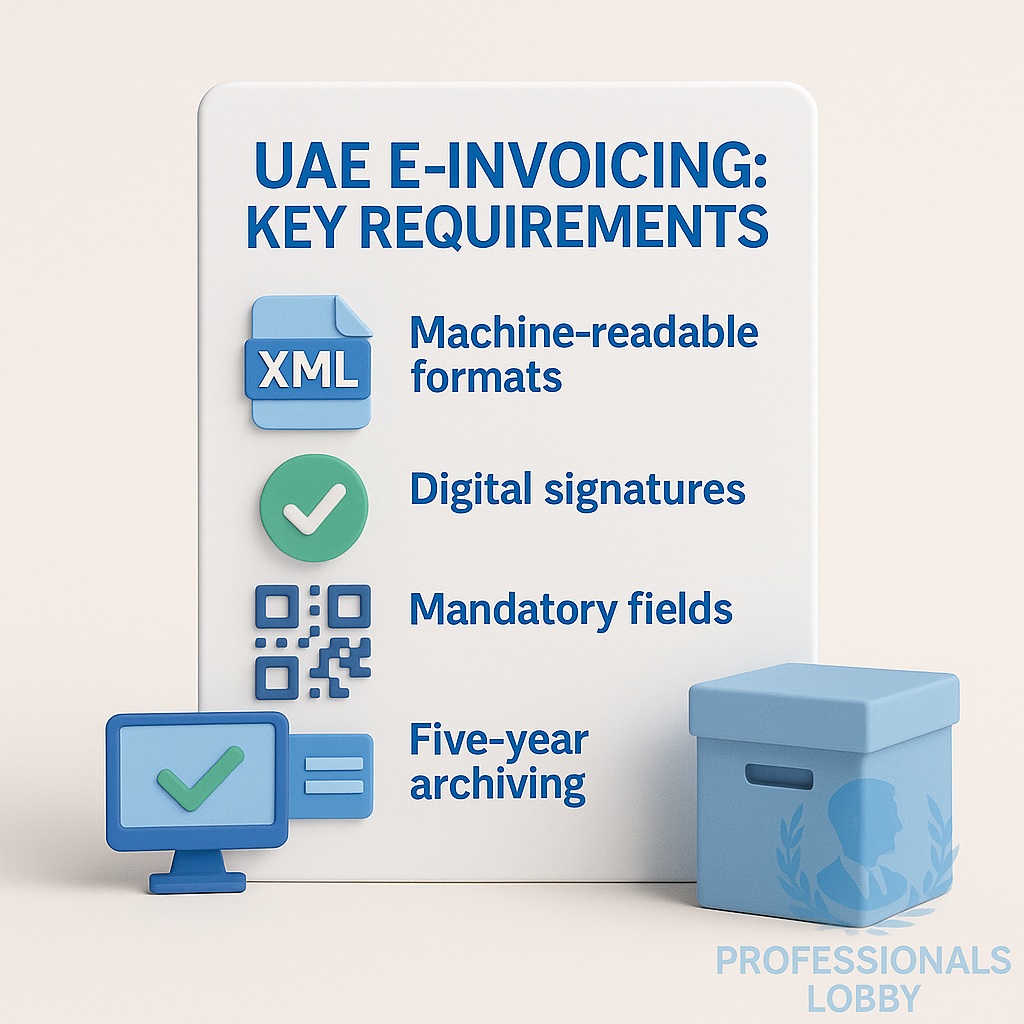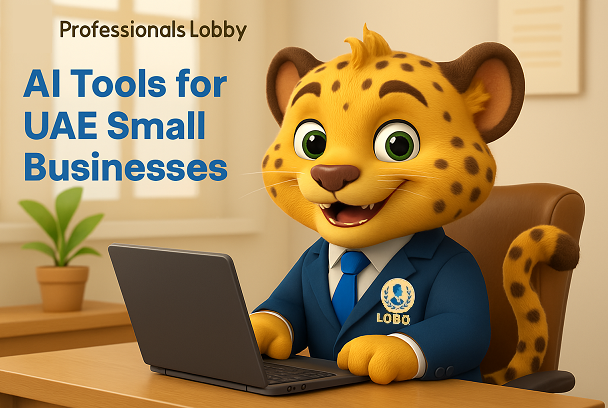Enterprise Resource Planning (ERP) sales have undergone a radical transformation over the past decade, accelerated by artificial intelligence. What was once a market where vendors spent more time educating businesses than closing deals has matured into a highly competitive, AI-driven landscape where differentiation and agility are paramount.
Quick Navigation
ERP Sales: Then vs Now - A Decade of Transformation
The ERP sales landscape has evolved dramatically over the past ten years, shifting from education-focused approaches to value-driven, AI-powered engagements.
Then (2014)
Past- Focused on market education about ERP benefits
- Lengthy sales cycles (6-18 months)
- On-premise deployments dominated
- Relationship-driven through in-person meetings
- IT department led purchasing decisions
- Significant resistance to change
Now (2024)
Present- Focus on differentiation and unique value
- Accelerated sales cycles (1-4 months)
- Cloud-first, subscription models dominate
- Digital-first research and buying process
- Cross-functional teams drive decisions
- User experience as primary differentiator
How AI is Reshaping ERP Sales Processes
Artificial intelligence has become the cornerstone of modern ERP sales strategies, transforming how vendors engage with prospects and demonstrate value.
Predictive Lead Scoring
AI algorithms analyze thousands of data points to identify prospects most likely to convert, prioritizing sales efforts and increasing conversion rates.
Personalized Demos
AI-powered systems create customized demonstrations based on prospect industry, size, and pain points, dramatically improving relevance and engagement.
ROI Forecasting
Advanced AI models predict specific ROI metrics for prospects based on similar implementations, providing concrete value propositions.
Intelligent Chatbots
AI-driven chatbots handle initial qualification, answer complex questions, and schedule follow-ups, available 24/7 to global prospects.
The Modern ERP Buyer: New Expectations & Priorities
Today's ERP buyers are digitally savvy, well-informed, and have dramatically different expectations than their counterparts from a decade ago.
Digital-First Research
Buyers complete 60-70% of their research online before engaging with sales, relying on reviews, case studies, and comparison sites.
Demand for Speed
Modern buyers expect quick implementations, rapid value realization, and streamlined purchasing processes without lengthy negotiations.
Mobile & UX Focus
User experience has become a primary decision factor, with mobile accessibility and intuitive interfaces now considered essential.
Security & Compliance
With increasing cyber threats, buyers prioritize built-in security features and compliance with regional regulations like UAE data laws.
Changing Decision-Making Dynamics
ERP purchasing decisions have shifted from IT-dominated to cross-functional consensus, with an average of 6-10 stakeholders involved in the process. This democratization means vendors must address diverse concerns from finance, operations, HR, and end-users simultaneously.
The Future of ERP Sales: Trends Shaping the Next Decade
As AI continues to evolve, several key trends will define the future of ERP sales and implementation in the coming years.
AI-Powered Personalization
Hyper-personalized demonstrations and proposals generated in real-time based on prospect data and behavior patterns.
Predictive Implementation
AI systems that predict implementation challenges and customize deployment approaches before projects begin.
Voice-Activated ERP
Natural language processing enables conversational interactions with ERP systems for both sales and end-use.
Autonomous ERP Selection
AI systems that can autonomously select, configure, and deploy ERP solutions with minimal human intervention.
Key Strategic Shifts for ERP Vendors
- Invest in AI capabilities for hyper-personalization at scale
- Develop industry-specific AI solutions rather than generic platforms
- Build transparent pricing models that can be instantly generated
- Create seamless digital buying experiences with minimal friction
- Focus on vertical market expertise rather than horizontal solutions
The No-Code AI ERP: Myth or Inevitable Future?
The concept of completely no-code AI-powered ERP systems represents perhaps the most significant potential shift in enterprise software.
Will We See Truly No-Code AI ERP Systems?
While completely codeless enterprise systems remain on the horizon, we're rapidly moving toward low-code environments where:
- Natural language commands replace complex programming
- AI assistants configure systems based on business descriptions
- Automated workflows adapt to organizational patterns
- Visual interfaces replace technical configuration screens
- Self-healing systems automatically resolve integration issues
- Predictive customization anticipates needs before they arise
Implementation Without Implementation Teams?
2028+The ultimate evolution may be AI systems that can autonomously implement ERP solutions by:
- Self-migrating data from legacy systems
- Automatically configuring based on business process analysis
- Generating training materials tailored to different user roles
- Continuously optimizing based on usage patterns and performance data
While fully autonomous implementation remains futuristic, we're already seeing elements of this approach in modern AI-enhanced ERP deployment methodologies.
Key Takeaways for ERP Professionals
The transformation of ERP sales through AI represents both a challenge and opportunity for vendors, consultants, and implementation partners.
Embrace AI Tools
Implement AI-powered sales and marketing tools to stay competitive in the changing landscape.
Focus on Specialization
Develop deep industry expertise rather than trying to be everything to everyone.
Prioritize User Experience
Invest in intuitive interfaces and mobile accessibility as key differentiators.
Need AI-Enhanced ERP Strategy Guidance?
Our consultants can help you navigate the changing ERP landscape and develop AI-enhanced sales and implementation strategies.
Request Consultation


